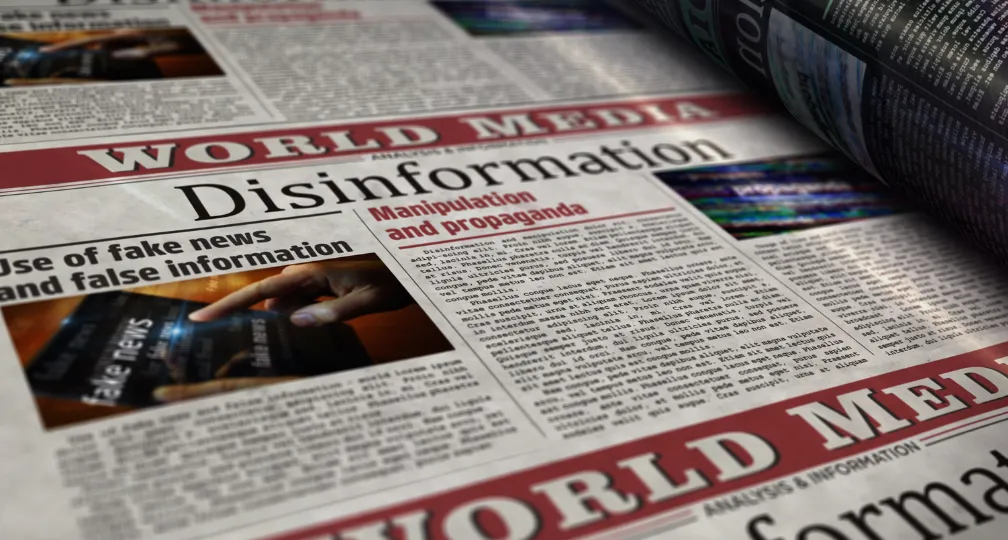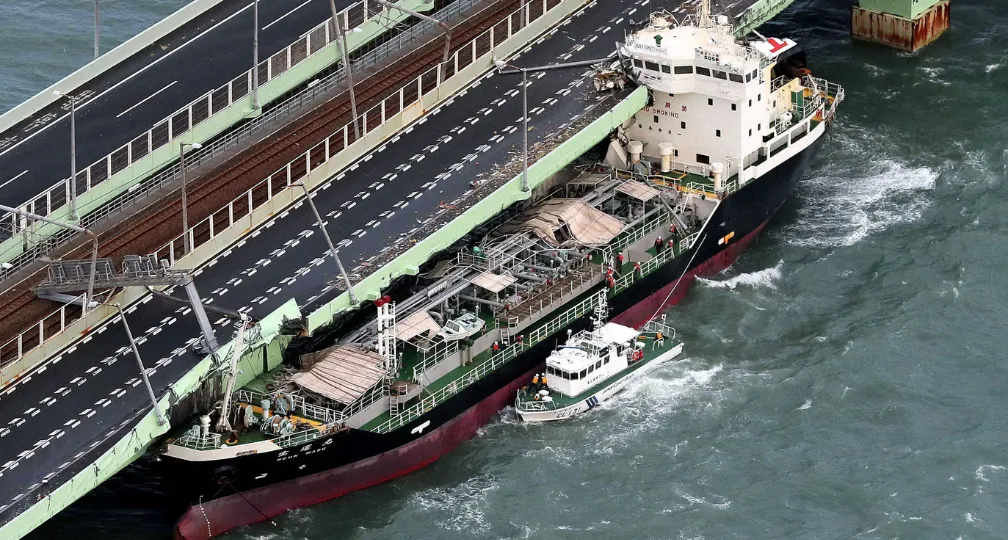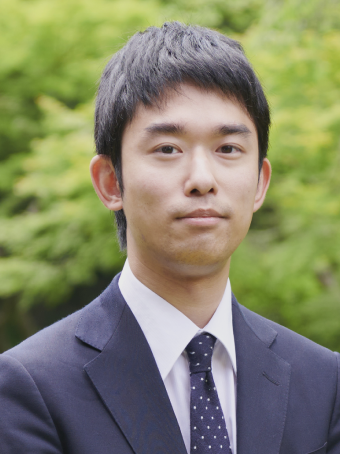A Dangerous Confluence: The Intertwined Crises of Disinformation and Democracies

This report analyzes three select case studies, Hungary, the United States, and the United Kingdom, focusing on the current state of disinformation, their policy responses, and the impact of disinformation in each country context. We conclude by analyzing the current state of disinformation in Japan, and provide five policy recommendations for Japan.
Click here for the full paper (PDF)
Click here for the summary
Executive Summary
Chapter 1 Hungary:Media Control and Disinformation
This chapter explores democratic backsliding in Hungary and how media control was strengthened under the administrations of Viktor Orbán. The chapter presents how the Hungarian government gradually increased its control over the media, and how disinformation and conspiracy theories believed to be originating from Russia and Hungary were spread by Hungarian government officials and the media under the influence of the Hungarian government. This chapter presents the concepts of “import” and “export” of disinformation by tracing the process of state control over the media and conducting textual analysis.
Chapter 2 The United States: When Distrust Trumps Facts
In the United States, disinformation has a long history with tackling the threat of disinformation from both within and outside since the 18th Century.
Public distrust towards the media and the government is strong and continues to increase in the United States. Such a distrustful and polarized public presents an ideal target for disinformation campaigns.
Disinformation in the United States further exacerbates distrust towards the media and the government, creating hurdles for enacting anti-disinformation policies.
Chapter 3 The United Kingdom: The Engagement Trap and Disinformation in the United Kingdom
Compared to Hungary and the United States, the United Kingdom’s democratic institutions are arguably in a better position to combat disinformation. The public is less polarized, and its public media maintains its independence and neutrality.
However, as the Scottish and EU referenda showed, even in such countries that enjoy robust democratic institutions, disinformation strategies that are emotionally engaging and fully capture the audience’s attention create “engagement traps” which continue to present threats.
Concluding Chapter Japan: Disinformation during Crises
Disinformation campaigns are relatively weak and unconvincing in Japan thanks to strong levels of trust towards the media and a lack of political polarization.
Despite this, Japan has faced a spread of disinformation from both internal and external sources in several instances, including during the Okinawa gubernatorial election in 2018, during natural disasters such as Typhoon Jebi (2018) and the Noto Peninsula Earthquake (2024), and more recently when the treated water from the Fukushima nuclear power plant was discharged. Japan thus cannot remain complacent in its current position and needs to proactively consider policies to combat the threat of disinformation.
Click here for the concluding chapter
Policy Recommendations
Hungary, the United States, and the United Kingdom all face the threat of disinformation from different positions in terms of their socio-political contexts. Despite their differences, we provide five policy recommendations for Japan based on generalizable findings drawn from the three case studies.
1. Elections and political crises are targeted by malicious actors (both domestic and external) to spread disinformation. There should be greater awareness that disinformation presents a direct threat to democratic institutions and norms (corresponding chapters: Chapters One and Three).
2. To avoid the ‘engagement trap’, there should be greater efforts made towards including other non-conventional means, such as the use of memes and humor, or an attempt at using the engagement trap itself as an anti-disinformation measure (corresponding chapter: Chapter Three).
3. Japanese government institutions should focus on the degree of political and economic independence of foreign media rather than accepting their reporting at face value (corresponding chapter: Chapter One).
4. Domestic government regulation against disinformation should take international regulations and policies into account, and ensure protections for democratic values including freedom of speech (corresponding chapters: Chapters Two and Three).
5. The Japanese government should provide a framework which ensures that efforts to tackle disinformation are distributed equitably. At present, discussions are dominated by large tech firms and fact-check centers. There should be greater outreach to large news media outlets, print media, as well as regional papers that are likely to struggle due to the limited resources available to them. By expanding the actors involved, it could be ensured that all relevant stakeholders were included in discussions. Debunked disinformation by such organizations should also be compiled in a database to make it easier for consumers to find accurate information. Lastly, if available, media organizations should be encouraged to include URL links in their articles when referring to the original news sources of a story, so that readers can access and verify the original article on their own (corresponding chapters: Chapters One and Three).
(Photo Credit: Shutterstock)
A dangerous confluence: The intertwined crises of disinformation and democracies: Contents

Introduction
The Definition and Purpose of Disinformation / Democratic Backsliding / Why Should We Care About Disinformation in an Era of Democratic Crisis? / Three Risks of the Spread of Disinformation and Democratic Backsliding / Report Structure

Chapter 1 Hungary: Media Control and Disinformation
Democratic Backsliding: Increased Control over Information Sources Through Media Acquisitions / Disinformation Through the Media and Its Impact: The Refugee Crisis / The Russia-Ukraine War: The Import and Export of Disinformation / The Negative Impact of Disinformation

Chapter 2 Disinformation in the United States: When Distrust Trumps Facts
The Early Years of American Disinformation: / The American Context: Distrust, Past and Present / The Challenge for Newsrooms / Managing Disinformation Through the Spreader & Consumer

Chapter 3 The Engagement Trap and Disinformation in the United Kingdom
Dragging Their Feet: Initial Slow Response to the Disinformation Threat / The Engagement Trap / A New Level of Threat to Democracy / Combatting Disinformation

Conclusion: Disinformation in Japan and How to Deal with It
Disinformation During Elections and Natural Disasters in Japan / Disinformation Policies During Crises: The 2018 Okinawa Gubernatorial Election as Case Study / Disinformation During Crises: The Noto Peninsula Earthquake and Typhoon Jebi / Policy Recommendations
About the Authors

Yusuke Ishikawa(Research Fellow)
After receiving his BA in Political Science from Meiji University, he completed an MA inCorruption and Governance (with Distinction) from the University of Sussex, and an MA in Political Science from Central European University. He also works remotely as an external contributor for the Anti-Corruption Helpdesk at Transparency International Secretariat (TIS) in Berlin.

Marina Fujita Dickson(Research Associate)
After receiving her BA in Politics and History from Bates College, she completed an MA in Strategic Studies and International Economics with a minor in Korea Studies from the School of Advanced International Studies (SAIS) at Johns Hopkins University. At SAIS, she worked as a Research Assistant under Dr Thomas Rid focusing on disinformation and information security. Prior to her Masters, she worked at the Reischauer Center for East Asian Studies as a Policy Research Fellow with Dr. Kent Calder and as a senior strategy consultant at The Beacon Group (now Accenture).

Dr Sara Kaizuka FHEA(Part-time Lecturer at Musashino University / Part-time Assistant Lecturer at Kanagawa University / Intern at the IOG)
After receiving her BA in International Liberal Studies from Waseda University, she completed an MA in Politics at the University of Leeds from which she also received her PhD in Politics. At the University of Leeds, she taught International Politics, Comparative Politics, and British Politics. At present, she teaches at Musashino University and works as a part-time lecturer assistant at Kanagawa University.
Disclaimer: Please note that the contents and opinions expressed in this report are the personal views of the authors and do not necessarily represent the official views of the International House of Japan or the Institute of Geoeconomics (IOG), to which the authors belong. Unauthorized reproduction or reprinting of the article is prohibited.



Research Fellow,
Digital Communications Officer
Yusuke Ishikawa is Research Fellow and Digital Communications Officer at Asia Pacific Initiative (API) and Institute of Geoeconomics (IOG). His research focuses on European comparative politics, democratic backsliding, and anti-corruption. He also serves as External Contributor for Transparency International’s Anti-Corruption Helpdesk, as Associate Research Fellow at the EUROPEUM Institute for European Policy, and as Part-time Lecturer in European Affairs at the Department of Economics and Business Management, Saitama Gakuen University. Prior to his current roles, Research Associate at IOG and API, contributing to its translation project of Critical Review of the Abe Administration into English and Chinese. Previously, he has worked as Research Assistant for API's CPTPP program and interned with its Fukushima Nuclear Accident and Abe Administration projects. His other experience includes serving as a visiting research fellow at EUEOPEUM Institute, a full-time research intern at Transparency International Hungary, and as a part-time consultant with Transparency International Defence & Security in the UK. His publications include "NGOs, Advocacy, and Anti-Corruption" (In Routledge Handbook of Anti-Corruption Research and Practice, 2025) and A Dangerous Confluence: The Intertwined Crises of Disinformation and Democracies (Institute of Geoeconomics, 2024). He has been featured in national and international media outlets including Japan Times, NHK, TV Asahi, Neue Zürcher Zeitung (NZZ), Handelsblatt, Expresso, and E-International Relations (E-IR). He received his BA in Political Science from Meiji University, MA in Corruption and Governance (with Distinction) from the University of Sussex, and another MA in Political Science from Central European University. During his BA and MAs, he also acquired teacher’s licenses in social studies in secondary education and a TESOL (Teaching English to Speakers of Other Language) certificate. [Concurrent Positions] Associate Research Fellow, EUROPEUM Institute for European Policy, Czechia External Contributor Consultant, Anti-Corruption Helpdesk, Transparency International Secretariat (TI-S), Germany Part-time Lecturer, Department of Economics and Business Management, Saitama Gakuen University, Japan
View Profile
Research Associate
Marina Dickson earned her Master of Arts in Strategic Studies and International Economics with a minor in Korea Studies from the School of Advanced International Studies (SAIS) at Johns Hopkins University. At SAIS, she worked as a Research Assistant under Dr. Thomas Rid focusing on disinformation and information security. Prior to her Masters, she worked at the Reischauer Center for East Asian Studies as a Policy Research Fellow under Dr. Kent Calder. She also has experience working as a senior consultant at The Beacon Group, supporting Fortune 500 companies in defense, technology, and healthcare industries navigate new market opportunities. She holds a Bachelor of Arts from Bates College in Politics and History.
View Profile-
 The Supreme Court Strikes Down the IEEPA Tariffs: What Happened and What Comes Next?2026.02.27
The Supreme Court Strikes Down the IEEPA Tariffs: What Happened and What Comes Next?2026.02.27 -
 Fed-Treasury Coordination as Economic Security Policy2026.02.13
Fed-Treasury Coordination as Economic Security Policy2026.02.13 -
 What Takaichi’s Snap Election Landslide Means for Japan’s Defense and Fiscal Policy2026.02.13
What Takaichi’s Snap Election Landslide Means for Japan’s Defense and Fiscal Policy2026.02.13 -
 Challenges for Japan During the U.S.-China ‘Truce’2026.02.12
Challenges for Japan During the U.S.-China ‘Truce’2026.02.12 -
 India and EU Sign Mother of All Deals2026.02.09
India and EU Sign Mother of All Deals2026.02.09
 Orbán in the Public Eye: Anti-Ukraine Argument for Delegitimising Brussels2026.02.04
Orbán in the Public Eye: Anti-Ukraine Argument for Delegitimising Brussels2026.02.04 Fed-Treasury Coordination as Economic Security Policy2026.02.13
Fed-Treasury Coordination as Economic Security Policy2026.02.13 When Is a Tariff Threat Not a Tariff Threat?2026.01.29
When Is a Tariff Threat Not a Tariff Threat?2026.01.29 India and EU Sign Mother of All Deals2026.02.09
India and EU Sign Mother of All Deals2026.02.09 Navigating Uncertainty in U.S. Space Policy: Decoding Elon Musk’s Influence2025.04.09
Navigating Uncertainty in U.S. Space Policy: Decoding Elon Musk’s Influence2025.04.09











